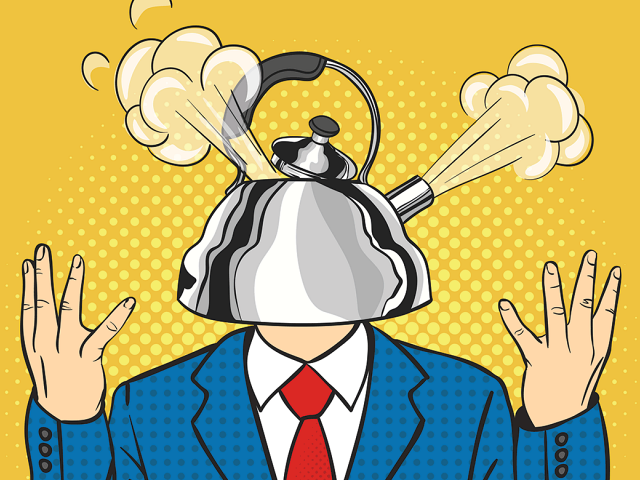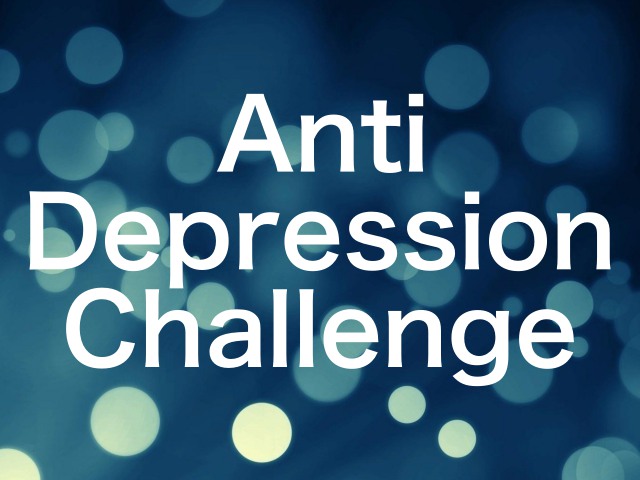4 Productive Anger Management Strategies For Kids And Adults
Do you frequently get angry? Are you looking for effective ways to manage your anger? Then, you’ve landed at the right place! Managing anger doesn’t mean that you will not get angry ever in life? We all live a stressful life and sometimes it’s healthy to experience anger. Yes, our brain is built to become angry sometimes, especially when we feel threatened. But, we can’t respond aggressively to everything which makes other feel sad. The three ways to show our anger are as follow –
- Acting aggressively – when a person gives more importance to its rights and duties.
- Suppressing emotions – when a person re-thinks to achieve a positive solution to a problem.
- Practice calmness – when a person tries to reduce the overall stress level.
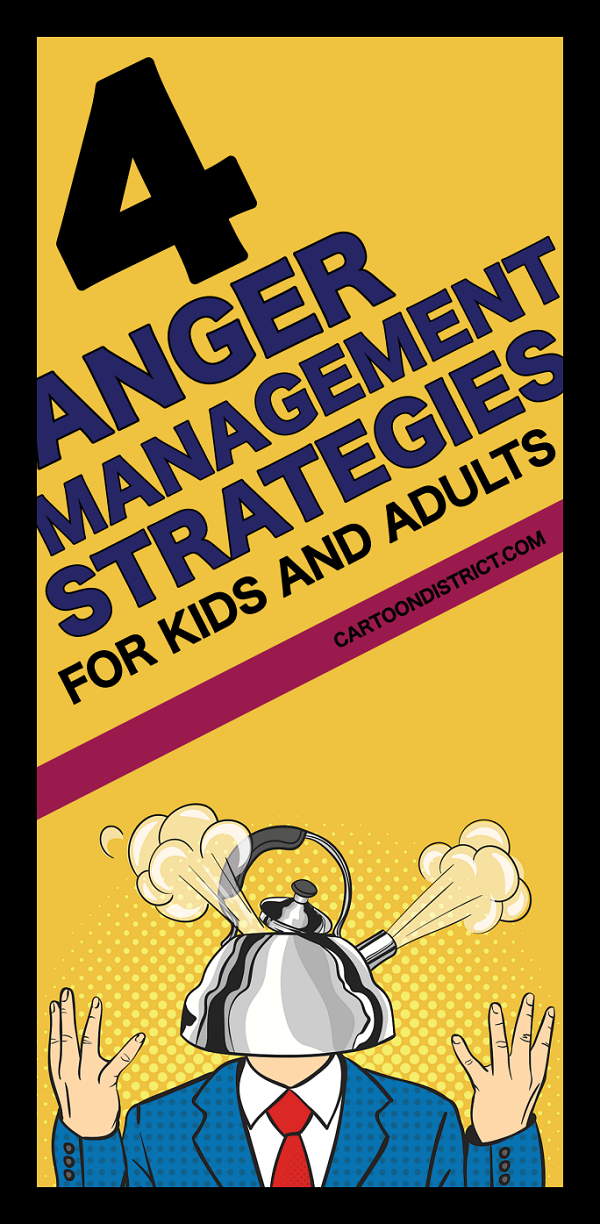
If you want to give your kids a healthy and grounded future, so that they learn to manage their emotions – you must approach to anger management strategies. In this post, we present certain anger management strategies for kids and adults to keep their reactions positive. Keep scrolling below –
Anger Management Strategies For Kids And Adults
Learn to listen more
It’s not correct to argue all-time and avoid listening to others. So, inculcate a habit of listening to other people and understand what their mindset is. Resisting to arguing is not the right solution. Moreover, wait until you have calmed down from your anger and then express yourself to the opponent in a calm and positive way. Another best way to lift your mood is to introduce some humor into your aggressive conversations or fights.

And, if you want to calm your short-tempered child, teach him ‘stop and breathe’. Show him how to inhale slowly and then slowly breathe out. You can also make anger scale for your child to check the triggers of their anger.
Monitor your anger levels
Before it’s too late, monitor your anger levels to avoid getting into problematic situations. This is one of the best anger management strategies for kids and adults. It’s especially important to monitor yourself when you’re in a triggering situation or when you notice yourself starting to get annoyed.
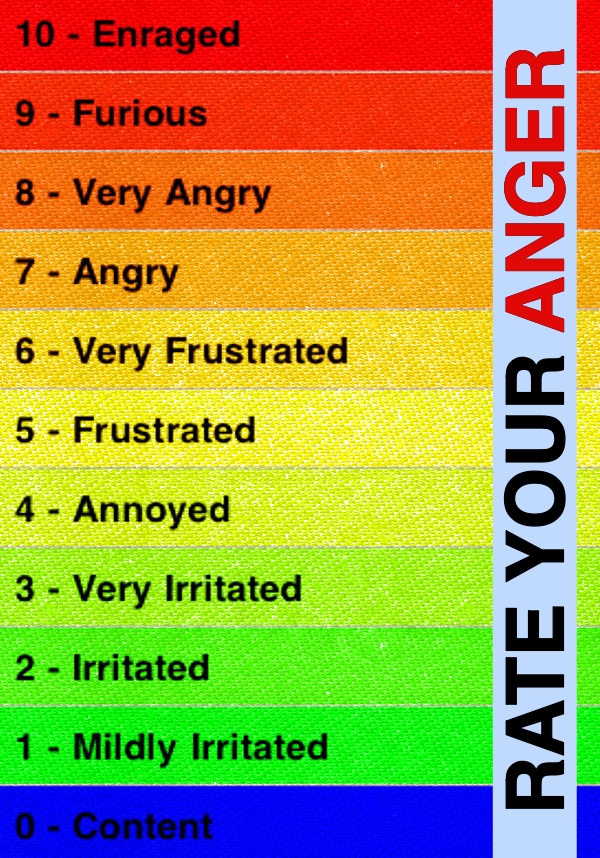
Some of the best ways to lower your anger levels includes – adopting calming techniques, going out for long walk and developing a habit of asking yourself ‘Do I really want this to happen?’. You can also start questioning your angry thoughts, this will get your anger momentum instantly down.
Draw it or Write it!
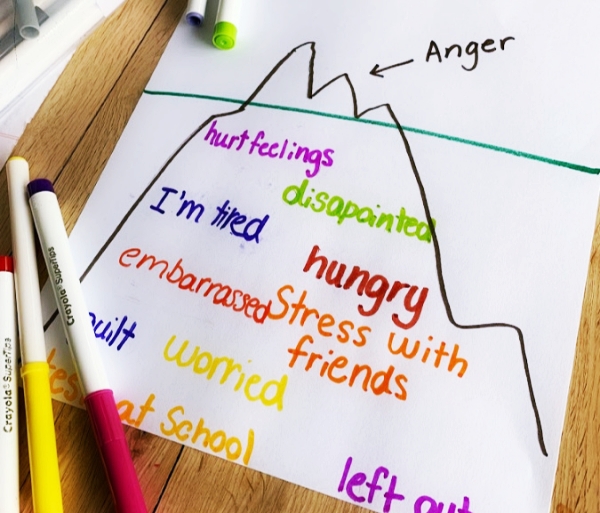
For some kids, writing out their anger prove to be effective while some kids find drawing to be relaxing. Suppose, your child has a huge collection of markers, colorful pens, crayons and sketch pens – encourage them to ‘draw out their anger’ or ‘write out on a paper’. Many times you must have noticed kids writing a letter to the person they hate most. To calm down your child, you can also offer few soothing things for encouragement and changing their mood. Such as – story books, new toys or sweets.
Reduce stress and promote healthy living
This is another effective anger management strategy for kids and adults. If you’re stressed out and tensed, your anger will become more volatile. Implementing practices to calm yourself will prove a great help in normalizing your stress levels. You can follow these practices –
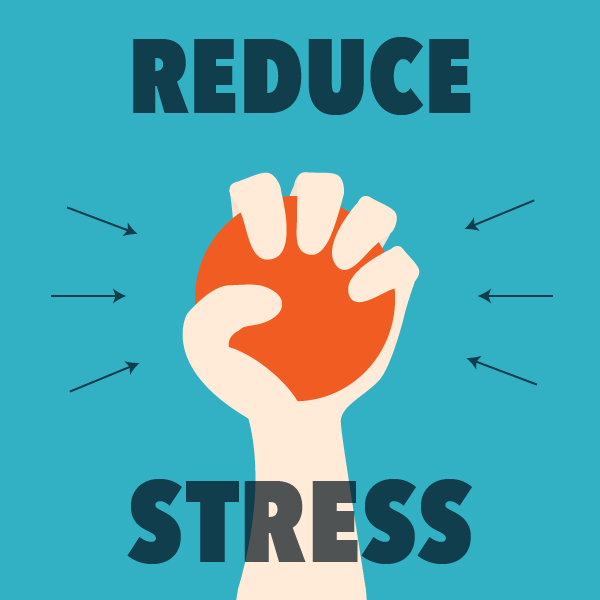
- Change your daily routine. For ex – go out for a 15 minute walk after getting home from work.
- Give your favorite hobby some time. When we’re stressed, we often forget to do the things we love most. So, if you love dance – dance openly or if you enjoy painting – then start painting with your favorite colors.
- Do relaxing exercises – Physical activity helps in keeping your mind cool. Meditation and deep-breathing exercises will also keep you calm.
Like anxiety and sadness, anger is among one of the core human emotions that will lead to unnecessary problems if it gets out of hand. You can even get in trouble with your friends, loved ones, social circle, or colleagues because of anger. However, a big thanks to mental health professionals from BetterHelp for developing a variety of anger management strategies for kids and adults. So, next time follow these specific strategies and don’t allow your anger to become problematic leading to outbursts and aggression.
